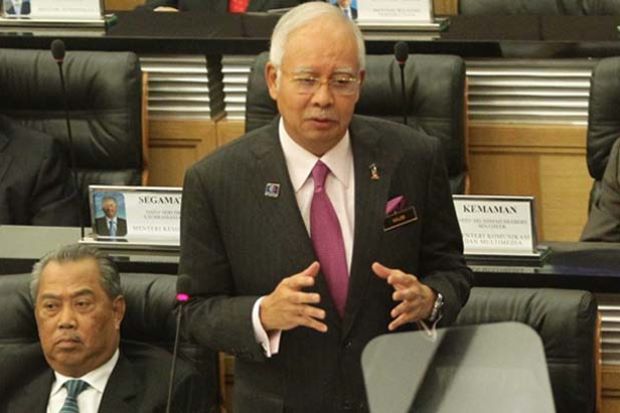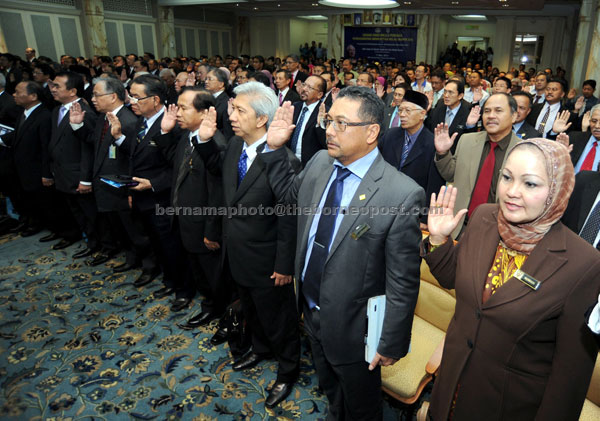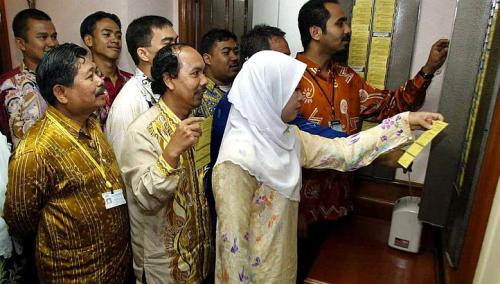Some Civil Servants Have Gone MIA From Work For 200 Days, But They Will Not Be Fired Yet
About 5,000 public servants employed by the government have been found to be severely under-performing in recent performance evaluations.
When the 11th Malaysia Plan was tabled on 21 May, an exit policy for under-performing civil servants was introduced to rationalise and rightsize the public sector for better productivity and capabilities
On 24 May, chief secretary to the government Tan Sri Dr Ali Hamsa revealed that about 5,000 civil servants, who were found to have received a dismal performance score of below 60%, have been told to buck up or leave the government service
The Government is the country's biggest employer, with 1.61 million people on its payroll.
thestar.com.myInefficiency factors include repeatedly turning up late to work and even moonlighting, whether it's working elsewhere or being involved in their own businesses
Most shockingly, some were even found to have been absent from work for up to 200 days in a year. Now, let's put things into perspective - 200 working days would mean they've been missing for 10 months. 10 MONTHS, PEOPLE!
If they were in the private sector they would have been sacked long before they approached anywhere near the period of 200 wasted days.
This fact partly explains the difference in the performance of employees in the public and private sectors. Inefficiency is tolerated far more in the public sector. However it is this kind of incompetence that causes expansions in Budget expenditures, deepening of Budget deficits and the rise in national debt.
While anyone who's working in the private sector would've been fired a long time ago for such conduct, Ali Hamsa said that there will be no mass dismissals for the under-performing public servants.
Rather, they will be given training and put under observation for six months to give them a chance in improving their performance.
"We do not immediately sack them. We give them training, courses, monitor and place them under observation for six months before they are given an option to quit," he told a media conference after the opening of the NBOS Open Day by Prime Minister Datuk Seri Najib Razak in Kuala Lumpur today.
Apart from sending the civil servants concerned for training, he said, they could also be transferred to other departments or given alternative portfolios to improve their performance.
Ali said the civil service's exit policy was well-received by the Congress of Unions of Employees in the Public and Civil Services (Cuepacs) for the good of the public service now and in the future.




